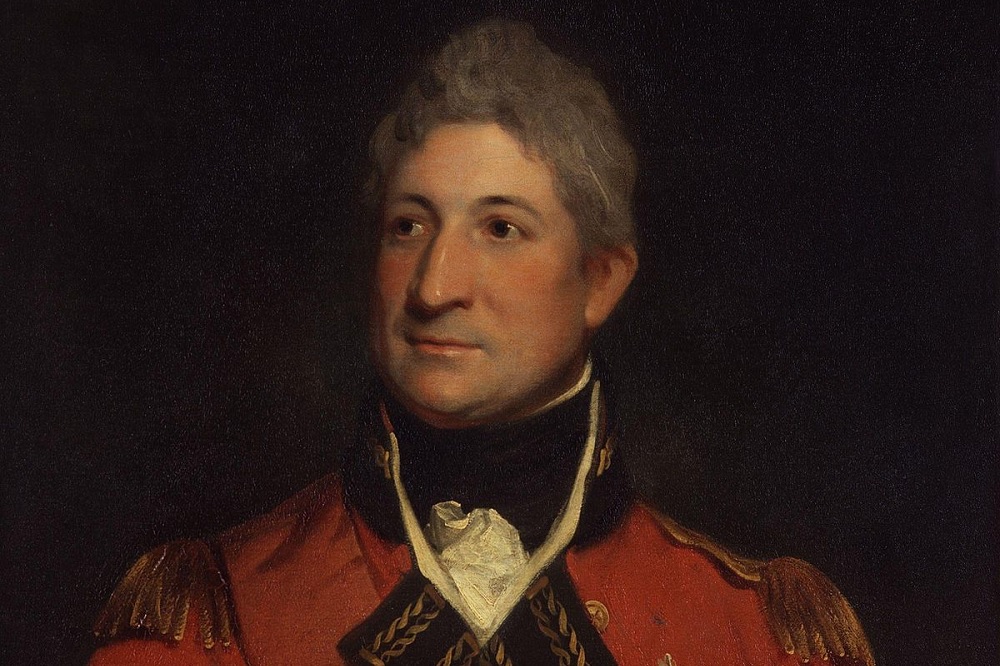‘Context’ could be added to place names with links to slavery

Richard Youle, local democracy reporter
Place names in Swansea with links to the slave trade or exploitation are likely to have new interpretations alongside to provide context.
However, according to Swansea councillors, the names would not be changed without further consultation and scrutiny.
More emphasis on lesser-known figures from the city’s past, such as African-Amercian boxer Lloyd ‘Kid’ Davies and physicist Joan Curran, gaining prominence in the city’s public realm will also be encouraged.
These are two of the recommendations coming before cabinet on March 18, following a review.
The working group review was launched after Swansea councillors passed a motion last summer calling for names or public realm signs which had confirmed links to slavery or exploitation to be removed where possible.
The motion also called for a deeper review of place names and more information about Swansea’s links to the slave trade and exploitation to better inform residents and visitors.
The report before cabinet said: “During its period of greatest expansion in the 19th Century, Swansea named many of its new streets after prominent local industrialists, significant members of the local gentry, and Welsh and British military heroes.
“Coincidentally, some of these figures had direct or indirect involvement with the British slave trade, owned slave plantations or were connected with slave-owning families.”
‘Rebalancing’
It proposed rebalancing this by recognising a more diverse spread of characters, such as more women, justice campaigners and members of the black, Asian and minority ethnic (BAME) community.
The report said: “The history of Swansea includes individuals of conscience who have fought for improved social justice, whether that be the abolition of slavery, women’s voting rights, greater gender equality or other social and educational reforms.”
It also said that some people weren’t too fussed about the whole subject.
“The naming of streets and creation of new civic space can be at times contentious or, perhaps more commonly, evoke widespread indifference,” it said.
Many Swansea residents, said the report, would probably struggle to identify statues in the city of John Henry Vivian, Henry Hussey Vivian and William Thomas of Lan, or know anything about the three individuals.
But there was a feeling that Swansea had more of a story to tell than its current statues, street names and signs suggested.
The report suggested digital QR codes could be considered by statues, signs or names of contentious figures to explain the wider historical links.
Some names do have links to people associated with the slave trade – the most prominent being Sir Thomas Picton.
The council will engage with the leaseholders about a possible new name for Picton Arcade – although the sign has been taken down – and the soon-to-be developed space behind The Kingsway called Picton Lane and Picton Yard.
‘New statue’
The cabinet report recommended a new statue could be considered in honour of Amy Dillwyn – a cigar smoker who took over her father’s factory in Llansamlet when it was heavily in debt, with hundreds of workers facing unemployment.
“She gave up the considerable comfort of a mansion with servants for a life of real austerity and set out to prove that a woman could successfully function in what was essentially a man’s world of competitive industry,” said the report.
“She was by the time of her death a much-loved icon of Swansea life, famous for her unconventional outward manner, rock solid Liberalism and her unflinching but always non-violent feminism.”
The report noted that Swansea had no memorial to the 230 killed and 397 injured during the Three Nights’ Blitz – probably a result of the eagerness to rebuild after the war.
It suggested that some form of memorial might be appropriate for Covid victims and key workers.
Any decisions on decommissioning street names, said the report, would be subject to further consultation, scrutiny and public engagement.
The council separately runs a blue plaque scheme which commemorates figures such as campaigners Emily Phipps and Clara Neal, scientist William Grove, and missionary Griffith John.
Referring to the blue plaque scheme, the report said: “It is important to maintain this existing record of balance and expand its diversity, in particular to recognise the importance of recognising disabled and LGBT+ individuals, as well as those of BAME origin, along with those who fought for the abolition of slavery.”
Speaking ahead of the meeting, Cllr Robert Francis-Davies, cabinet member for investment, regeneration and tourism, said: “The working group set up to look into the issue has done some important work in setting out where we are now and presenting ideas for next steps, next steps which include engaging with local communities about our city, will help ensure we can continue to be a place which respects all of us who are part of it.”
Support our Nation today
For the price of a cup of coffee a month you can help us create an independent, not-for-profit, national news service for the people of Wales, by the people of Wales.





